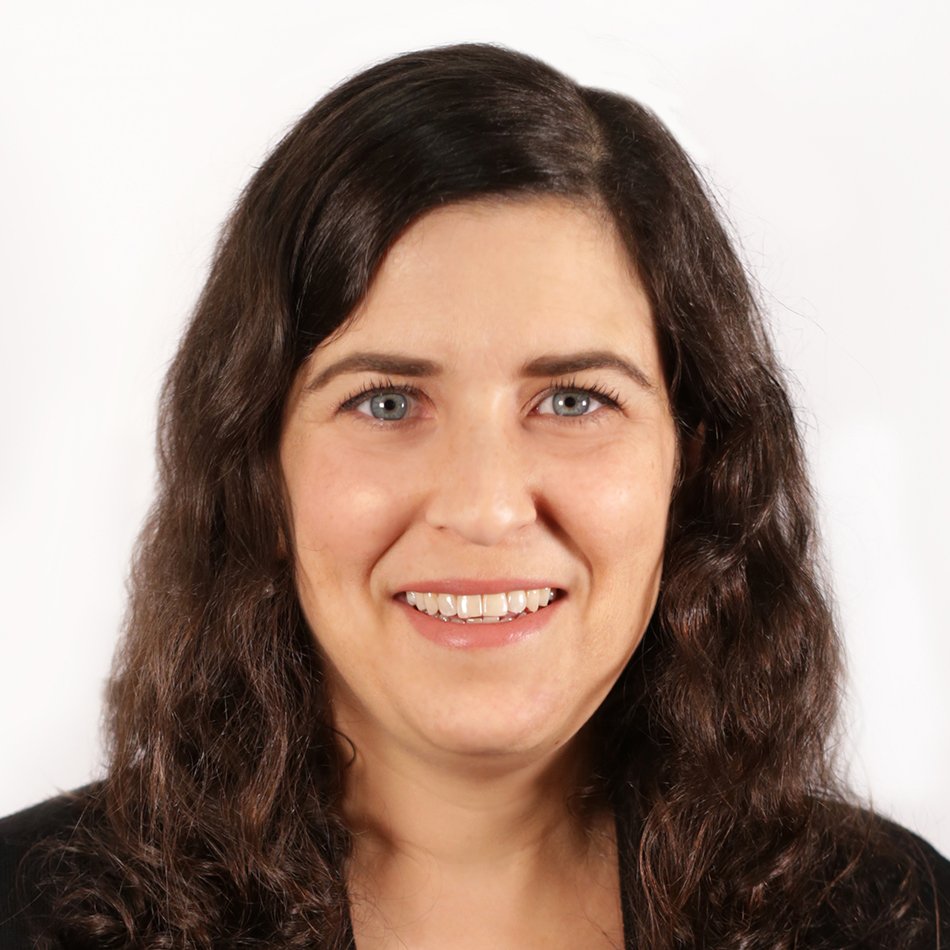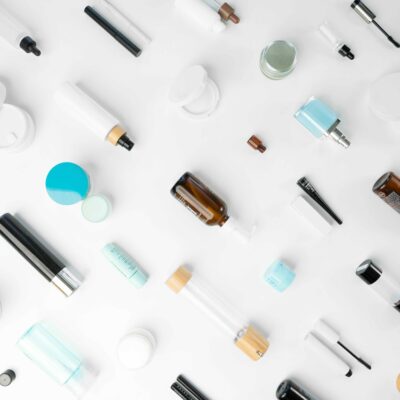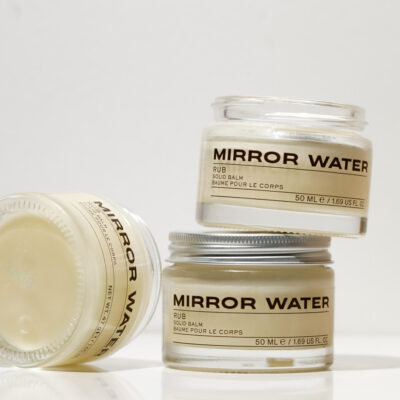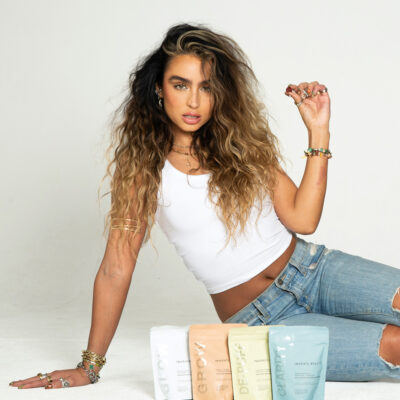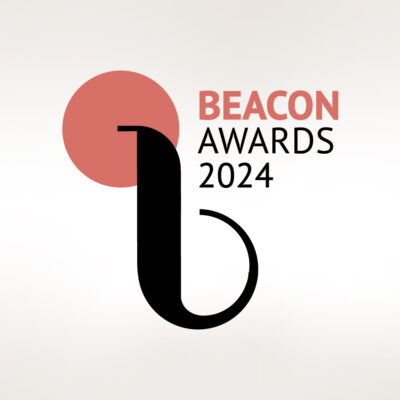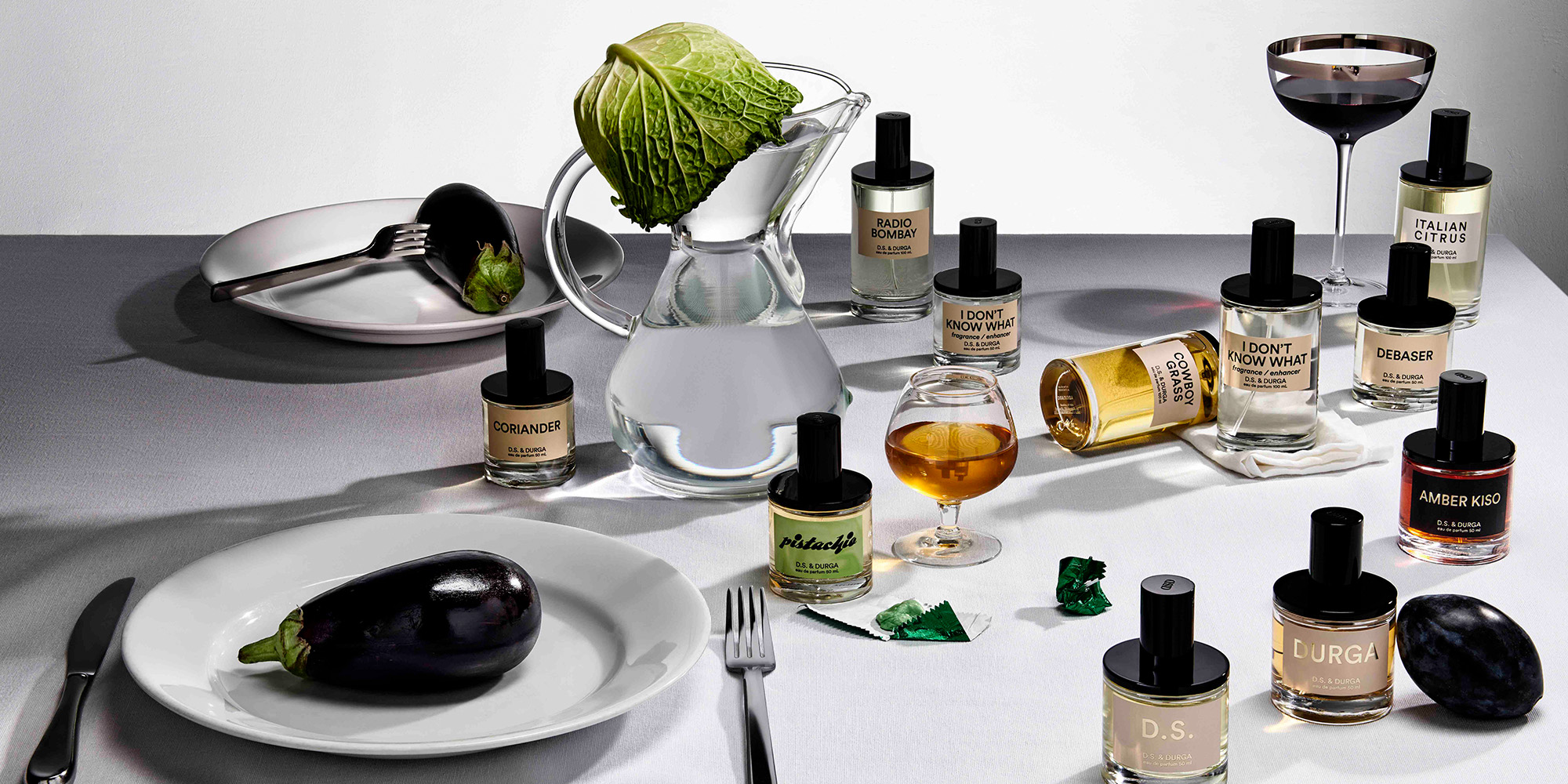
Why D.S. & Durga Co-Founder David Seth Moltz Doesn’t Feel Pressure To Create The Next Byredo
After its $1 billion sale of Byredo to Puig in 2022, Manzanita Capital has made its next bet on fragrance by buying a majority stake in D.S. & Durga. The deal, which succeeds the family office’s acquisition of Diptyque in 2005, could put pressure on D.S. & Durga to follow in Byredo’s big footsteps, but David Seth Moltz, a musician who founded the brand with his architect wife Kavi in 2007, isn’t feeling any.
“Manzanita is a company where there’s not that pressure. Look how long they have owned Diptyque,” he says. “They are in it for the long haul to build something beautiful, and I also don’t feel that pressure in general because I believe in what we are doing, and my life has a spiritual foundation and that brings me comfort.”
D.S. & Durga intends to commit Manzanita Capital’s investment to expanding its network of owned stores, international reach, team and assortment. According to industry sources cited by the publication Women’s Wear Daily, the brand generates between $35 million and $50 million in global sales. Moltz insists Manzanita Capital’s involvement won’t mess with D.S. & Durga’s product quality.
In a letter to a concerned Reddit user named Marina, he wrote, “Nothing is changing. We just have more people who really know how to build brands. It’s our dream to build a brand that lasts 100 years and that takes lots of resources and expertise. A great songwriter needs a band, a manager, a booking agent, a label, a PR team, a social presence, etc. It takes a village to support artistic ingenuity on a larger scale.”
Beauty Independent talked to Moltz about D.S. & Durga’s relationship with Manzanita Capital and Monogram Capital Partners, a private equity firm that retains a minority stake in the brand, its drop strategy, branded stores, the connection between spiritual emptiness and social media, and the way making perfume could be revolutionized in the future.
D.S. & Durga took funding from Monogram in 2018. Why?
We started from nothing. I just started making things, and Kavi had this idea to start a brand. She was making labels at her architecture office. We got into Earnest Sewn, Freemans and In God We Trust. It just took off, we realized we could quit our jobs, and I realized what I could talk about in music I could talk about in perfume. And Kavi, who was taking 10 years to do a building, could bring out a perfume in less than a year.
Kavi and I aren’t businesspeople. We didn’t have a business plan. We had to learn about P&Ls. Monogram set us up with more digital expansion, opened stores—we have four now—and hiring a team of people who could help us realize our vision. There’s only so far you can go on your own. Once you take an infusion of capital, you can do big projects.
We were going to open our first store, but it takes money to continue to open stores, acquire top talent and put systems in place. Say someone doesn’t know anything about business, you might say, “Oh, your perfume is so successful, why don’t you sell 50,000 of them them?” Well, you need money to make 50,000 of them.
When you are small, you are always juggling capital just to fund inventory, and you really need an infusion if you want to get bigger. We knew that we could be mom-and-pop for the rest of our lives, but we wanted to make something generational. I believe there are other people that know how to do that better than we do on the business side.
What was the brand like when you brought on Monogram?
We didn’t even do digital advertising at that point. We were just making stuff and selling it. They knew we needed to bring in a president, have reporting and people in finance. I didn’t even know what the word “marketing” meant in 2018.
But, at the end of the day, I am a marketing person because marketing is how you talk about the product to the consumer. That’s what I’m passionate about. I love to give people information in such a way that’s interesting for me and interesting for the person buying it.
Business is not rocket science. You can figure it out by yourself, but if there’s someone that’s optimized business practices, you can lean into your creative side. You don’t have to eat up all of your time doing stuff that you are not the best at. Now, we have people who are awesome at that. Any brand that’s successful has a good team. It’s not just some awesome founder good at getting the word out.
Who’s been a really key hire at the brand?
No. 1 would be the president, Donna [DiDonato]. She was U.S. managing director at Byredo and Diptyque before us, and she was at Estée Lauder. She knows how to run a business, and she’s a nimble New Yorker who gets me and Kavi.
Following Monogram, how’d you think about what you’d do after that from an investment perspective?
You can either continually take capital from your original partner or just grow super slow and not raise more capital or you can bring in someone with a different skillset, and that’s the route we took with Manzanita. We had been talking to Manzanita for 10 years. We knew them before Monogram.
There are, of course, strategics. We have definitely had interest from strategics, but I don’t think it was the right time for that now. We are just not big enough yet. We thought Manzanita was the best option.
I think that you need a certain amount of freedom to really grow. We have more to do, and you don’t want to get bogged down in too much corporate structure. Manzanita is the most strategic of the private equity firms. They had a giant exit last year, and they own Diptyque. There’s not time-based stress on the acquisition. They really support the growth of creative people.
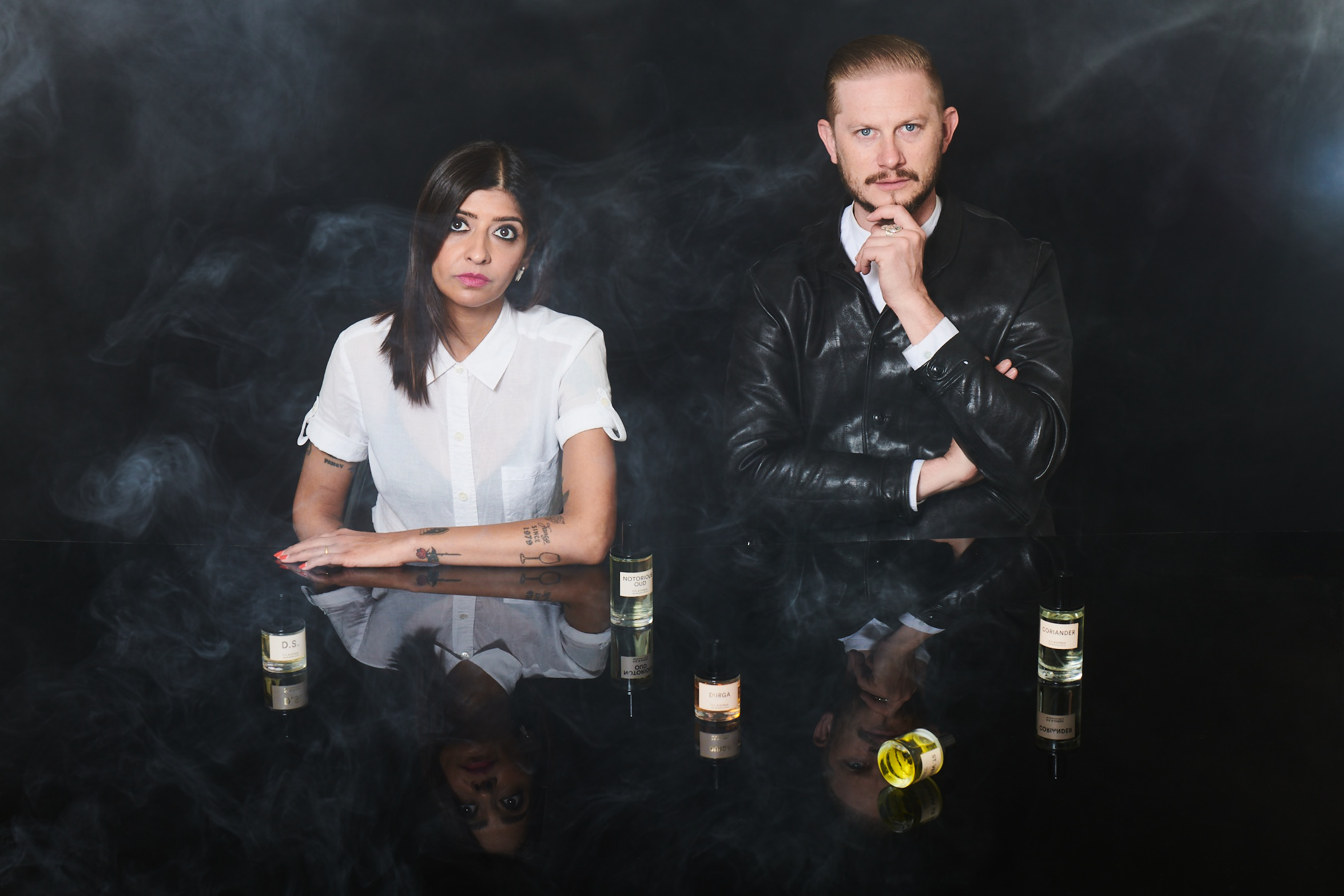
There’s been a string of deals in the beauty industry. What do you make of them?
I don’t know anything about skincare, and I think a lot of the news in our industry is about skincare. Fragrance is smaller. I think there are less than 500 perfumers in the world, and I’m one of them. Perfume is a real artform.
There’s unbelievable magic to our industry, and that’s something I’m passionate about trying to bring to the world. I’m working on a TV show, and I’m showing a pilot in April for it in New York. Building a perfume brand is slower and takes a lot of ingenuity and craft. Once it has some measure of success, it’s interesting to bigger companies because it’s hard to get there.
Since we are a fragrance brand partly owned by a perfumer, if you want something that smells like Cowboy Grass, I actually made it. There’s so much bullshit and weird lying in the industry because you’re not hearing form the perfumer. You are hearing weird marketing. It’s rare to be a fragrance company that succeeds because it’s rare to be a fragrance brand that’s original.
How many brands come out and say, “This is a concept made with French ingredients, and it has a feeling of luxury and sex appeal?” It’s like, dude, you are all saying the same thing, and it’s nothing. If you are able to do something new in the world of perfume, then that’s interesting to everyone.
What role do your own stores play?
We are 50% wholesale, 25% [direct-to-consumer] and 25% stores. Stores are super important to us. It’s where you can put your vision out. The more you can sell directly to people, you can tell your own story. I think that’s key to us. Obviously, Manzanita has a global understanding of different markets. We are looking to them to help advise us on how best to expand at the right rate.
The store should be a place where someone can walk in and deeply dive into the line without being aggressively sold to. The staff has to be trained by me and know all about the perfumes. There’s a central [element] in the stores where you are going to see the whole line. The words are important to me, so on the back of the box you have the description and the notes. I love that people can read that as they smell them.
Kavi is into architectural moments in the store. She went to architecture school in LA, and in the LA store there’s a [John] Lautner-inspired ceiling.
What about wholesale?
A partner like Mecca in Australia does so much to support us. They are so good at training their staff. They are literally helping us to build our brand. We continue to grow with partners when the right opportunity comes. We will be in Space NK in about a month. They came to us not through Manzanita—Manzanita owns them—but they really believe in us and wanted to do something.
As an industry, we have to think of new ways to wholesale. We have a great business with Todd Snyder. I like to think outside of the box for unique experiences at wholesale like in a record store. The department stores have had a hard time in the U.S., although we still feel great being there.
How many fragrances do you have on the market today? What are the bestsellers?
I’m very prolific. It’s because I just have all these ideas, but we only have two a year that are added to the line, and we discontinue things. The full line is around 20 fragrances, and we like to keep it at that. Then, we may handmake limited runs of 200 a year, and we do collaborations twice a year.
If I want to make a perfume about tennis, bam we make it, and it’s not a major launch. That’s a strategy that is hard for people to understand. But, if you are a band, and you want to come out with a crazy song, you can do it, but, if you want to make an album, then you have to make sure the song is right for the album.
The bestseller is I Don’t Know What. People wear it as a modern skin fragrance that has crazy sillage and lasting power. It’s a fresh umami woody amber. Debaser is our second bestseller, and Pistachio is our third bestseller.
In fragrance, I’m always thinking about, how do you have the world’s best line where you have one of everything? I don’t want 100 bottles of the same perfume. We might want a lilac perfume, but I don’t necessarily want to do it as a major release. So, we did it exclusively for Bergdorf, and I got it off my chest.
We are coming out with a very sweet fruit fragrance this year. We don’t really have that. There are certain profiles that we’re missing a bit, nothing glaring. We have Radio Bombay as our sandalwood fragrance. Should I make another one? I don’t know because I have that one. If I come out with something better, than maybe I will discontinue it. A line of perfumes is something I’m trying to get exactly right.
How have fragrance consumers changed since D.S. & Durga started?
People are much more educated about fragrance now, and they aren’t obsessed with having a signature fragrance anymore. Having a fragrance wardrobe is something that’s interesting. I always try to do it in a way that’s not sales cringey. It’s not that I’m trying to sell more perfume. I truly think that having a wardrobe of fragrance is like having a bunch of different books to read.
I think that perfume is a very easy everyday luxury. If you buy a fancy pair of pants that are $500, you might be afraid to wear them, but you could buy a bottle of perfume for $200, and it lasts for three to five years. I like those everyday luxuries.
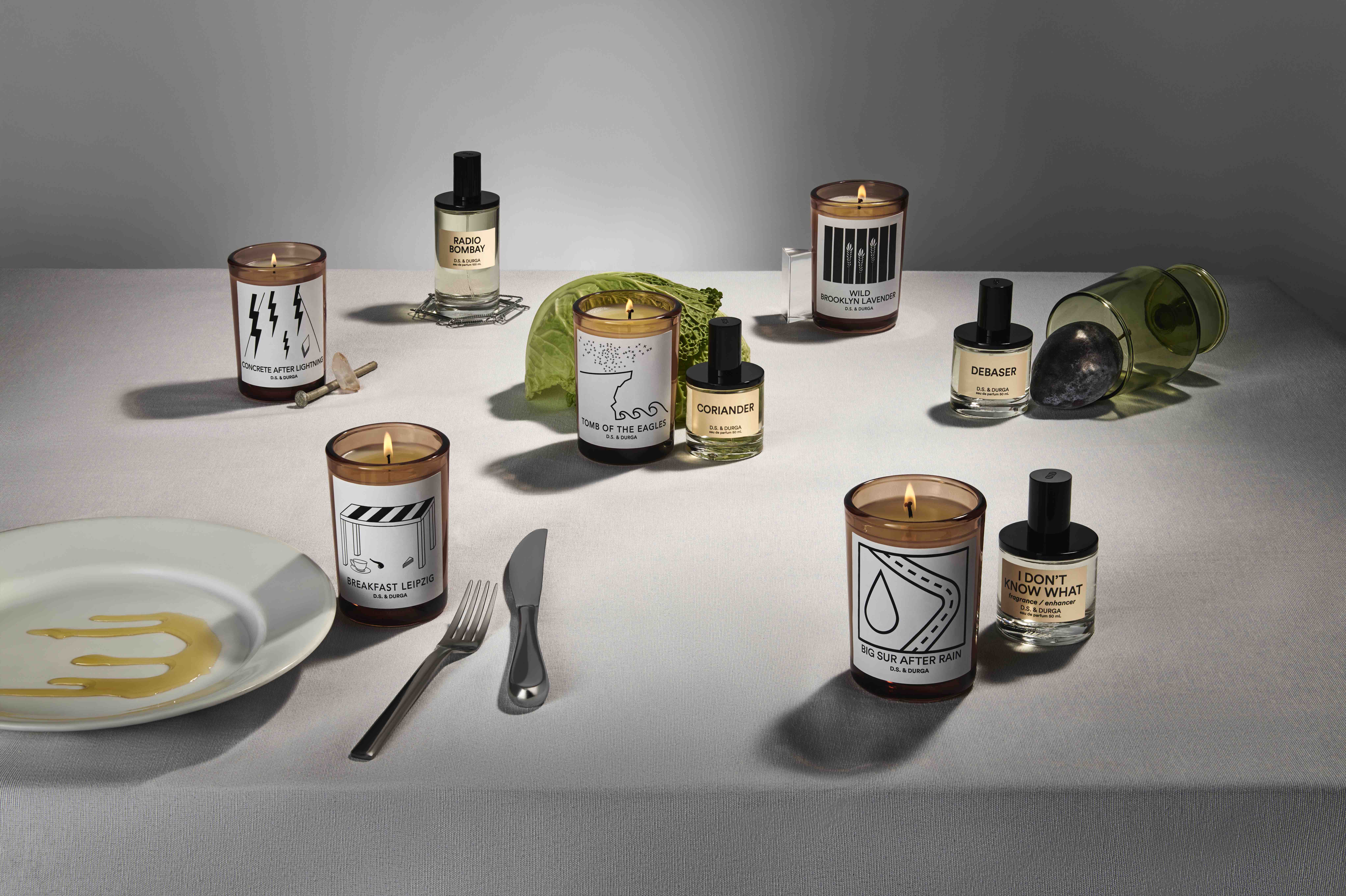
How has D.S. & Durga’s drop strategy evolved?
We’ve added more bottles. The first one we did 25 bottles and then around 100 is what we have done. Sometimes we’ve done 150 bottles.
I think people really read into the strategy, but I have fragrances that are really weird shit like the smell of the inside of a star, and we are nimble, so we can assemble a small run to expand on what a perfume can be.
It’s not about dropping something for FOMO. It’s very hard as you get bigger to make a decision and hear chatter about it online. To me, I’m only trying to spread joy. I love it and think it’s fun, and I want to be able to share these things. I could not be a brand that comes out with a perfume every two years. I am literally in the middle of 200 things right now.
Are you on TikTok?
I just see comments. I don’t go on TikTok myself unless I have to for D.S. & Durga. I have an Instagram account. I am a little too old to truthfully understand social media.
I really believe the biggest problem of our time is the loss of veneration. This isn’t my concept. It comes from Rudolf Steiner. The connection to the spiritual world was more apparent historically than it is now. We have made great advances in technology, but lost that connection to something larger.
One of the telltale signs of this lack of veneration is always tearing things down. People are going to be critical and that’s fine, you have to learn to live with it as you get bigger, but I have no interest in ripping on people. It just leads to unhappiness. Until we are able to reconnect spiritually or through other means, we are going to fall victim to this tearing down of things.
In fragrance, there’s been a move to sustainability and biotechnology-driven ingredients. What’s happening from your point of view?
Yes, perfume companies are trying to work with the most sustainable ingredients, but the people who are pushing it to the next level are not the brands, they are the ingredient suppliers like Firmenich.
There’s no reason not to be as sustainable as you can, but it’s going to happen no matter what. Even if you are a brand that didn’t care, the materials you are using more and more come from green sources.
We are one of the best industries for trying to clean up. I use tons of upcycled materials. I use this woody amber molecule that’s upcycled from cedar shavings from the cedar market. I just don’t wear it on my sleeve. We have so much to talk about that I’m not just going to talk about the upcycled cedar.
There’s jasmine that’s being made now from the flowers left over from flower markets in India. That’s our future and the future of every industry.
In fragrance, there’s also been a move to smaller, mini bottles. What have you done with minis? What do you think minis mean for larger bottles?
We came out in November with a deluxe set of six minis. We invested in getting the minis into the exact shape of our bottle. So many of the minis are just boring. They all look the same. I personally think ours are one of the coolest things we’ve ever made.
That is going to be a core product that we build upon. I am doing another set for perfumes for holiday. It’s totally novel and hasn’t been done in perfume. I love the minis if you are doing them the way we are doing them.
Can you come out with everything in 10 milliliters? I don’t know if that is sustainable just form an inventory standpoint. Some people are like, “Why can’t you make this candle in a mini 10-ml. perfume?” It would take hundreds of thousands in inventory so you can spend $100 to buy something.
And I believe that, when you have a big full bottle, the experience is better like a record is a better experience than a CD or a tape ever was. I’m much more inspired by the record than any other musical format.
The one caveat is that I have this idea that I think is the most groundbreaking idea that could very much change perfume. It would take a lot of investment. I’ve brought it up with anyone that I work with. It would involve having smaller bottles.
The only way I can describe it is like the synthesizers of the ‘60s and ‘70s that were modular synthesizers. You ever see those gigantic walls with no keyboard attached to them that are making noises? Emerson Lake & Palmer and Pete Townsend had one. Well, Bob Moog decided, I’m just going to make these knobs and attach it to the cords, and I’m going to put a keyboard on it so you can make sounds with it with a crazy machine called a synthesizer.
Adding synthesis has turned out to be the biggest revolution of our time in music. If you turn on the radio, a huge percentage of what you hear involves synthesis, and that was not possible until about 50 years ago.
You could put drops of stuff and make your own perfume, but you’re not going to be able to figure out how to make a good perfume for a long time, but I have a way to put a keyboard on the perfume to let you be able to make it the same why Moog was doing with synthesis.
